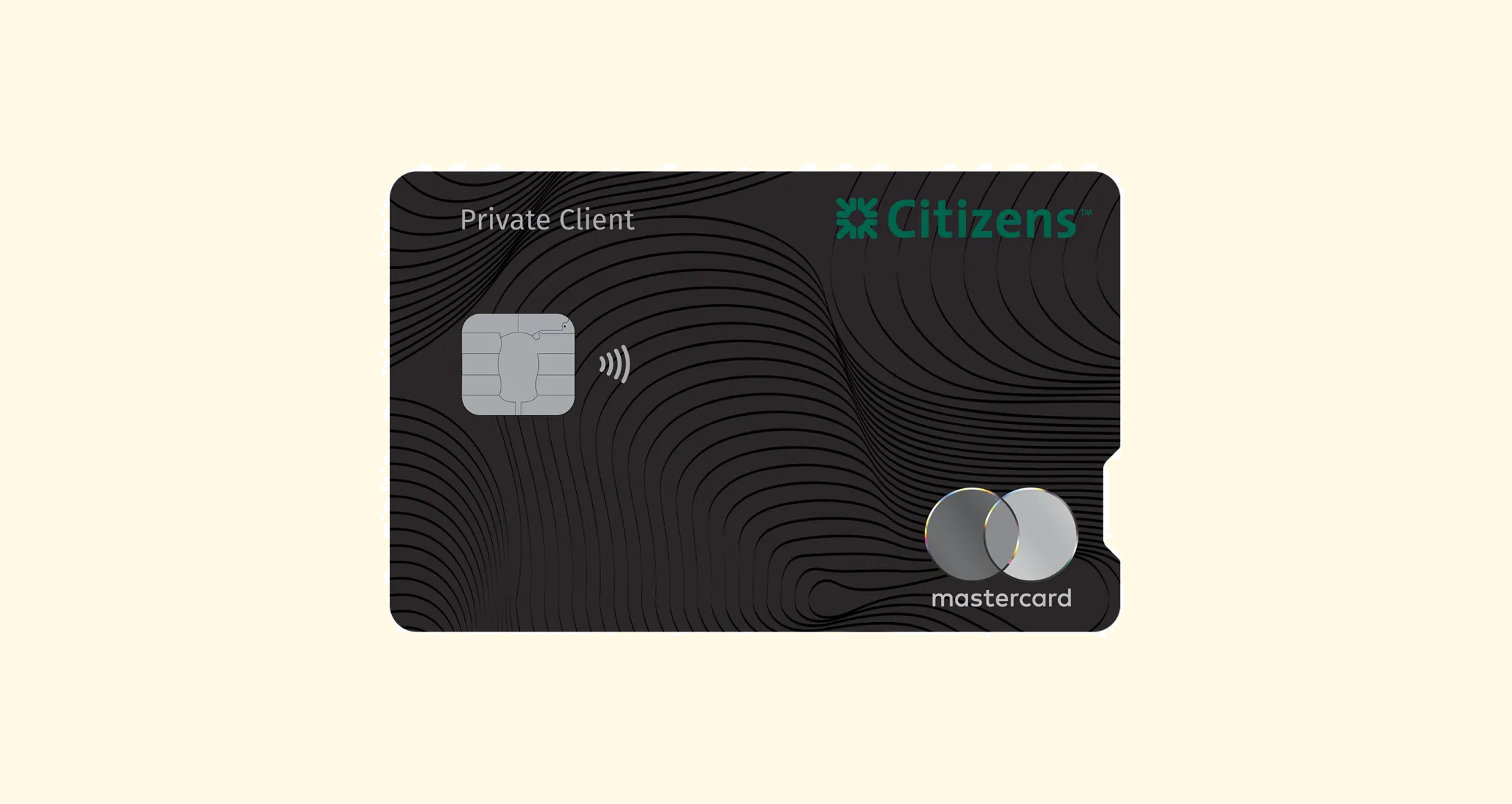Tips for Managing Credit Cards on International Travel: Avoiding Fees and Ensuring Security

Understanding Credit Card Fees When Traveling Internationally
Traveling overseas opens up a world of adventure, but managing your finances while doing so is crucial for enjoying your experience to the fullest. A common pitfall for travelers is encountering hidden fees associated with credit card use abroad. Understanding these financial aspects can help you spend less time worrying about money and more time soaking in the sights and sounds of your destination.
Foreign Transaction Fees
One of the most significant issues travelers face is foreign transaction fees. Many credit cards charge these fees, typically ranging from 1% to 3% of each transaction made outside of the U.S. This can add up quickly, especially if you frequently use your card during your trip. For example, if you spend $2,000 abroad, a 3% foreign transaction fee could mean an extra $60 in charges. To avoid this, it’s wise to opt for credit cards specifically designed for international travel that waive these costs. Cards like the Chase Sapphire Preferred and Capital One VentureOne are popular among travelers as they offer no foreign transaction fees.
Currency Conversion Rates
Understanding how your card issuer handles currency conversions can lead to substantial savings. When buying something in another currency, your card will convert the amount into U.S. dollars. However, currency conversion rates vary by issuer and can significantly affect your spending. Some credit cards offer better rates, so comparing these terms can save you money. Additionally, some merchants offer a service called “Dynamic Currency Conversion,” which lets you pay in your home currency. While it might seem convenient, it typically comes with unfavorable rates, so it’s often best to stick with the local currency.
Security and Fraud Prevention
Security is paramount when managing finances abroad. Before you embark on your trip, inform your bank about your travel plans. This notification can prevent your account from being flagged for suspicious activity, which could block access to your funds at a crucial moment. Furthermore, utilizing chip-enabled cards significantly enhances security. These cards are embedded with EMV technology which provides an extra layer of protection against fraud. Activating transaction alerts through your banking app also allows you to monitor any charges in real-time, enabling you to spot unauthorized transactions sooner.
Managing ATM Withdrawals
Another aspect to consider is ATM usage. Withdrawing cash overseas often incurs additional charges, both from your bank and the local ATM operator. To minimize these expenses, check if your card is part of a global ATM network like *Cirrus* or *Plus*, which may provide fee-free withdrawals in certain locations. Also, consider withdrawing larger sums to cut down on multiple transaction fees.
Overall, taking the time to prepare for international travel can lead to a smoother financial experience. By employing these strategies, you can shift your focus from financial worries to creating lasting memories during your exciting journey abroad. Stay tuned for more in-depth tips on maximizing your credit card’s potential while traveling and ensuring a financially secure trip.
DISCOVER MORE: Click here to learn about the SENAC hairdresser course
Strategies to Minimize Fees and Enhance Security
As you embark on your international adventure, being aware of how to manage your credit cards effectively can make all the difference in your travel experience. Beyond foreign transaction fees, there are numerous strategies you can adopt to ensure that you maximize your spending potential while minimizing costs and keeping your financial information secure.
Choosing the Right Credit Card
Before you take off, one of the most critical steps is to evaluate and select the right credit card for your travels. It’s not just about finding a card with no foreign transaction fees; you should also consider factors like rewards, insurance benefits, and customer service. Some cards offer travel rewards that enable you to earn points for flights, hotels, or even cashback on other purchases. Make sure to research credit cards that provide additional perks such as travel insurance, car rental coverage, and trip delay reimbursement that could save you more in unexpected situations.
Understanding Credit Card Offers
For U.S. travelers, understanding different credit card offerings can yield significant savings. Here’s a comparison of features you should consider when selecting a travel credit card:
- No foreign transaction fees: Essential for those who will be using their card abroad.
- EMV chip technology: As previously mentioned, cards with chip technology significantly increase security.
- Travel perks: Look for cards that offer bonus points or cash back for certain travel expenses like hotels or airlines.
- Emergency services: Some credit cards offer 24/7 customer support and serve as a useful resource if your card is lost or stolen.
- Rewards programs: Check the potential rewards you can accumulate through international purchases, as this can offset some travel costs.
Utilizing Contactless Payments
As technology advances, many credit cards now come equipped with contactless payment features. You’ll find that in many countries, contactless or tap-to-pay systems are widely accepted, speeding up the transaction process and enhancing security. Instead of swiping your card at a point-of-sale terminal, simply tap it to complete your purchase. This method minimizes the risk of card skimming—a common tactic used by criminals to capture your card information.
Before using this feature, ensure you have set up the necessary security measures on your card or through your banking app. This includes alerts for every transaction, allowing you to monitor your spending and detect unauthorized use promptly. Dual-factor authentication can also provide added security when making online purchases while traveling.
Backup Payment Options
No matter how well you prepare, it’s wise to have a backup plan for your finances while traveling. Consider bringing a secondary credit card and a small amount of local currency. This way, if your primary card is lost or compromised, you won’t be left stranded. Furthermore, inform your bank about your travel plans, as this can help avoid any blocks on your card due to perceived fraudulent activity.
By taking these essential steps, not only can you mitigate fees associated with credit card usage, but you can also enhance your overall financial security while exploring different cultures and experiences. Stay tuned for more essential tips on successfully navigating the world of credit cards during international travels.
DISCOVER MORE: Click here
Safeguarding Your Finances While Abroad
While selecting the right card and understanding its benefits are vital, safeguarding your finances during international travel is equally important. Knowing how to keep track of your credit card usage, recognizing potential risks, and utilizing technology to your advantage can provide peace of mind as you explore new destinations.
Monitoring Transactions
One of the most effective ways to ensure your financial security is by regularly monitoring your transactions. Traveling can often lead to unexpected charges, so it’s crucial to check your credit card statements frequently. Most banks offer mobile applications that allow you to view your transactions in real time. Set up push notifications for purchases made on your card, which can immediately alert you to any unauthorized transactions. This vigilance can help you act swiftly to minimize potential fraud and prevent hefty financial losses.
Using Virtual Credit Cards
A growing trend among savvy travelers is the use of virtual credit cards for online purchases. Digital wallet services, such as Google Pay or Apple Pay, enable users to generate a temporary card number linked to their primary credit card. This feature not only provides a layer of security by masking your actual card details but also reduces the risk of theft during online transactions. By using a virtual card for bookings like hotels or rental cars, you can significantly limit your exposure in the event of a data breach.
Setting Spending Limits and Alerts
Another practical approach to managing your credit card while abroad is to set spending limits and alerts. Many banks allow you to customize your spending parameters directly through their mobile apps; this functionality can assist you in sticking to your budget and resisting impulse purchases. Additionally, configure alerts to notify you when your balance reaches a certain threshold. Maintaining a firm grip on your expenditures can enhance your travel experience by preventing overspending and additional stress from unexpected charges.
Secure Payment Environments
When using your credit card abroad, always prioritize making purchases in secure environments. Look for establishments with up-to-date point-of-sale terminals, as these are often equipped with the latest security features. Avoid using your card on public Wi-Fi networks, which could expose your information to hackers. If you need to make a transaction online, consider using a VPN (Virtual Private Network) to encrypt your data. This measure can significantly enhance your digital security and protect sensitive information from potential attackers.
Understanding Local Banking Practices
Lastly, familiarize yourself with the local banking practices and policies of the countries you are visiting. Knowing whether credit cards are commonly accepted can save you hassle. For example, in some regions, cash is still king, while others may prefer contactless payments. Additionally, be aware of any local regulations concerning card acceptance and currency exchange rates, which can help prevent unpleasant surprises. For instance, in some European countries, merchants may ask if you want to be charged in your home currency or the local currency. Choosing the local currency often yields better exchange rates without additional fees.
With these strategies in hand, you can maintain tight control over your finances, enabling you to focus more on creating unforgettable memories during your international escapades. Explore every avenue for optimizing your spending and reducing risks, making your travels not only enjoyable but also fiscally responsible.
DISCOVER MORE: Click here to learn about the program
Final Thoughts on Smart Credit Card Usage Abroad
Navigating the world of credit cards while traveling internationally doesn’t have to be a daunting experience. By implementing the measures discussed, you can significantly enhance your financial security and streamline your spending. Start by being proactive with monitoring your transactions—quick detection of suspicious activity can save you from costly consequences. Consider leveraging modern technology through virtual credit cards to shield your information from potential breaches, giving you peace of mind during online transactions.
Equally important is the establishment of spending limits and alerts, an invaluable tool that keeps you accountable and prevents overspending in foreign environments. Remember to always prioritize secure payment environments—a small checkpoint that can protect you from fraud. Understanding local banking practices further enriches your travel experience by equipping you with knowledge regarding currency use and potential transaction fees.
As you embark on your next adventure, remember that a little preparation goes a long way. By embracing these tips, not only can you avoid unnecessary fees, but you can also ensure your finances remain secure. In an age of globalization, empowering yourself with the right information can turn any trip into a seamless experience, allowing you to focus on what truly matters: creating unforgettable memories. Bon voyage and happy travels!



